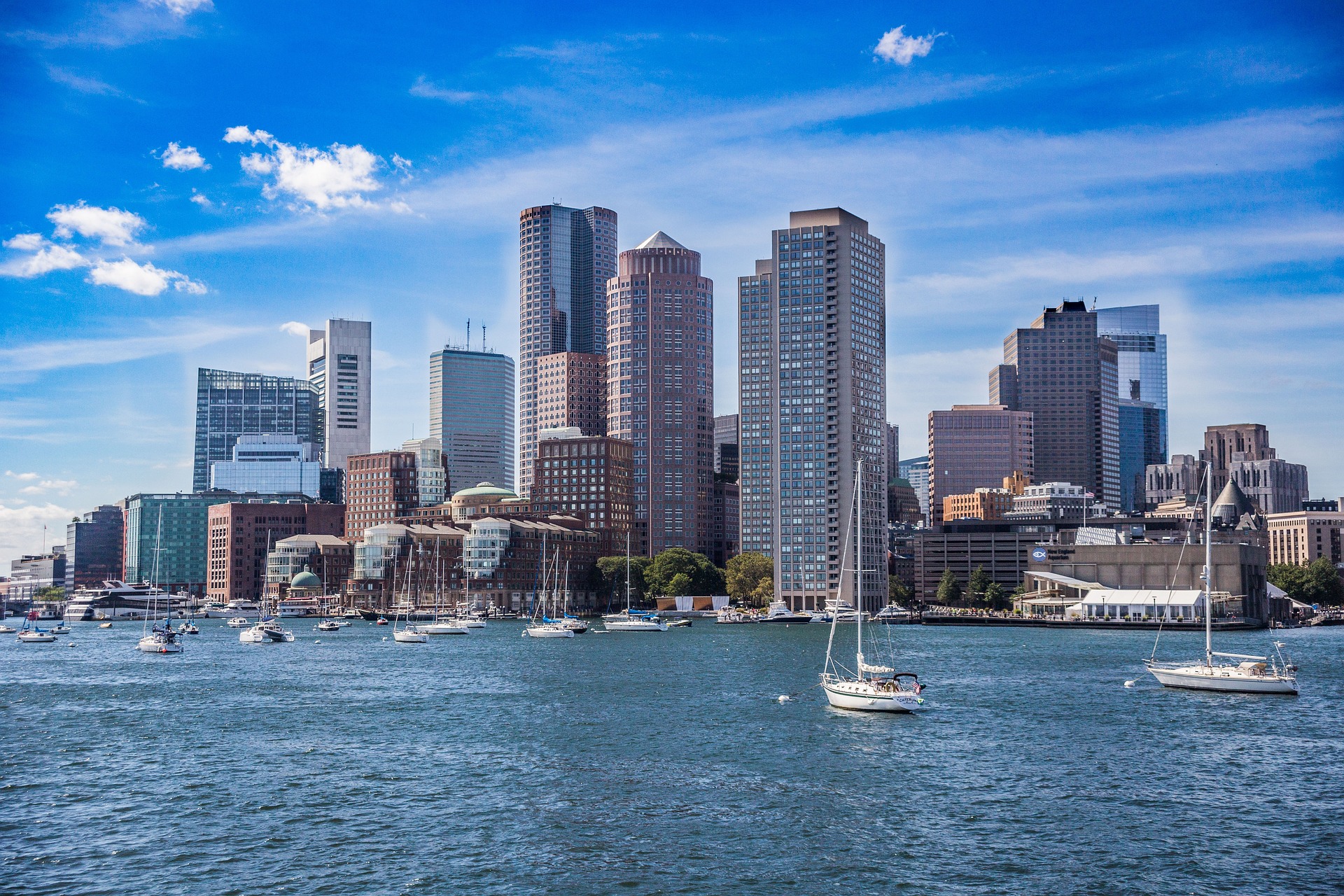Boston has placed significant aspects of its plan to protect the city from rising sea levels on the actions of private developers. Amid a post-Covid commercial development slump, though, efforts to build protective infrastructure have stalled.
When officials approved major projects, they hoped that infrastructure improvements would both protect new developments and prevent flood waters from penetrating low-lying neighborhoods around them. Projects that include features such as sea walls, berms, and elevated land have been put on hold by a global real estate downturn that has made it difficult to finance large projects.
Inaction on planned coastal resilience infrastructure raises questions about the city’s plan of leaning on the private sector to help pay for an essential public good, according to a report in the Boston Globe. Most of the city’s coastline is privately held or controlled, leaving the city little other option than to partner with private landowners.
Prior to the pandemic, Boston was in the midst of a development boom in the Seaport district and other coastal locations, but the construction climate has cooled recently.
Related Stories
Codes and Standards | Aug 25, 2020
Platform will allow researchers to test energy system integration at scale
The U.S. Department of Energy’s (DOE’s) National Renewable Energy Laboratory (NREL) recently launched the Advanced Research on Integrated Energy Systems (ARIES) platform.
Codes and Standards | Aug 20, 2020
Wariness of elevators may stymie office reopening
Workers could balk at returning to high-rises.
Codes and Standards | Aug 19, 2020
Existing laws may be restricting efforts to cut carbon emissions
Outdated policies favor fossil fuels.
Codes and Standards | Aug 18, 2020
Florida becomes the third state to adopt concrete repair code
Sets minimum requirements for design, construction, repair of concrete structural elements in buildings.
Codes and Standards | Aug 17, 2020
ASCE seeks comments on seismic standard
Pertains to design criteria for nuclear facilities.
Codes and Standards | Aug 13, 2020
COVID-19 reboot guide offers strategies for reopening K-12 schools
Looks at space considerations for reopening at different scales.
Codes and Standards | Aug 12, 2020
Document provides guidance for mass timber construction
Overview of Intl. Building Code requirements included.
Codes and Standards | Aug 11, 2020
Inefficient air conditioning is a key contributor to global warming
More efficient equipment and buildings could make a big difference.
Codes and Standards | Aug 10, 2020
Concrete Institute and Post-Tensioning Institutes expand partnership
Will collaborate on new structural post-tensioned concrete code requirements.
Codes and Standards | Aug 6, 2020
SpeedCore demonstrates excellent fire resistance without additional fire-protective coatings
New York City approves metal-concrete product for all five boroughs.

















